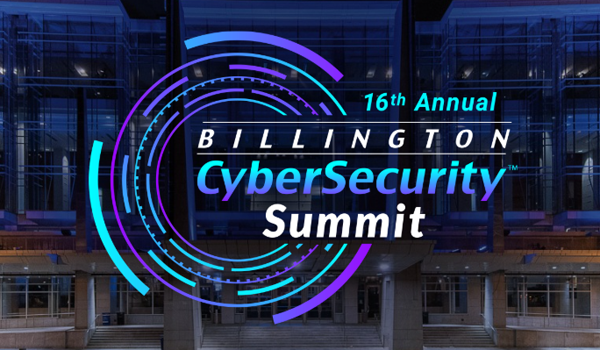When I left the Marine Corps after many years of enjoying my service, I was eager for the next step in my career, ready to utilize the skills I had learned on the field in my day today. But for many veterans, that’s easier said than done. In fact, many veterans have significant technical training and experience, ready to be hands-on and commit themselves to new roles. Yet, they are all too often an untapped talent pipeline. Partially, it is due to organizations overlooking their skillsets and experience for more traditional applications. But it is also due to the excitement and anticipation felt when re-entering civilian life. It is daunting to transition into a regular nine-to-five, let alone find a new career. Yet, cybersecurity is a diverse field that carries a large variety of roles, making it an ideal place for veterans in particular, or anyone experiencing a career shift.
Your Career Can Be More Than a Job
The transition is always the hardest part of any career change, but leaving the military is a different feeling. You become a fish out of water, essentially, and have to become accustomed to civilian life, all while searching for the right path to take. I let my passion for security lead me. I have 18 years of experience working in security and lucky for me, it has always been my calling.
There are many intersections between the skills I gained in the military to my responsibilities in cybersecurity. In the Marine Corps, I was a security operations manager. I relied on different technologies to manage critical security on a daily basis. Early in my career, I saw firsthand the power of innovative technologies in the security space and how the advancements of technology have – and continue– to make a difference for the mission. This is why I’m an advocate for the implementation and knowledge of various modern security technologies for government agencies as it makes for more operationally efficient security teams and provides greater protection.
In my current role as Fortinet Federal’s Director of Systems Engineering, I work with government agencies to identify the proper cybersecurity solutions to achieve mission-critical objectives. These solutions obviously vary but my drive for it comes from the idea of the modernization and optimization of these solutions. The prospect of this advancement in technology aiding government agencies to automate redundant tasks and free up workforce for more important things, like continued learning, or other mission needs, is what I always strive for. I believe organizations can always improve their process and do better, and my goal is to be there every step of the way. With the threat landscape as it is today, I feel this is vitally important.
This passion has been something that has grown throughout my lifetime and has carried through the rest of my career. The transition is hard, but it’s even harder when you feel lost. Because of this, I’ve made it my personal mission to help others narrow their interests, expand their skills and knowledge and picture their future and what that looks like. For those looking for a fast-paced, exciting career, there’s a huge opportunity in the cybersecurity industry as the skills gap has left many unfilled technical and nontechnical roles in cybersecurity.
Continued Learning in a Changing Landscape
Regardless of one’s background or previous experience, there are resources for those interested in transitioning to or growing in their cybersecurity career. In a field as ever changing as cybersecurity, knowledge is everything. Threats change almost every day, new ones arise and need to be addressed almost immediately, and old threats are still relevant too.
Cybercriminals are rapidly on the move and constantly changing their tactics, so knowledge needs to evolve too. Advancements in technology are often aimed at combating new threats. Once those threats can be tackled, cybercriminals find a new way to attack. This is why it’s important for those already in cybersecurity to stay up to date, be informed of changing trends in attacks and solutions, and provide the most informed guidance you possibly can.
It’s unpredictable at times, but even those without a typical security background can thrive in this field.
And for security professionals or those considering entering the field, certifications are a sure way to stand out to your employers. In a survey Fortinet conducted recently, 82% of organizations stated they preferred to hire candidates who held cybersecurity certifications because it validated their knowledge of the field.
Certifications make any role more attainable. Experience and skills are important, but becoming certified demonstrates your passion for the subject and desire to gain that experience. Even those who have been active in their fields for years could benefit from obtaining certifications. Learning never stops, no matter how far into your career you are. There are hundreds of learning resources out there, such as Fortinet’s NSE Training Institute courses, for those looking to learn new skills, reskill or upskill. I’ve enjoyed my personal career trajectory in cybersecurity and I encourage anyone considering a career change or new opportunity to look into this dynamic industry.
Find out more about Fortinet’s NSE Training Institute programs, including the Certification Program, Security Academy Program and Veterans Program, which provide critical cybersecurity training and education to help solve the cyber skills gap and prepare the cybersecurity workforce of tomorrow.
Read more about Fortinet’s Corporate Foundation and Corporate Social Responsibility initiatives.


